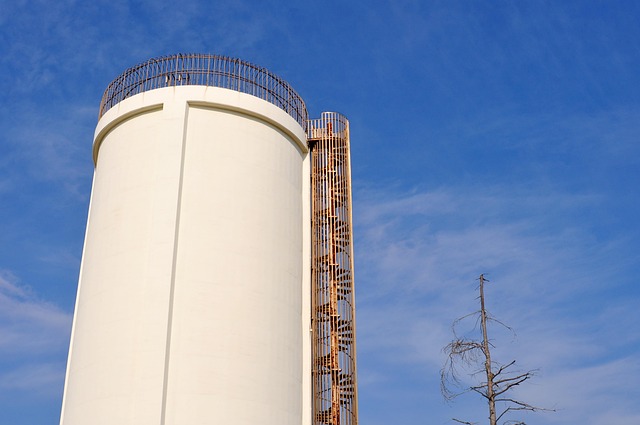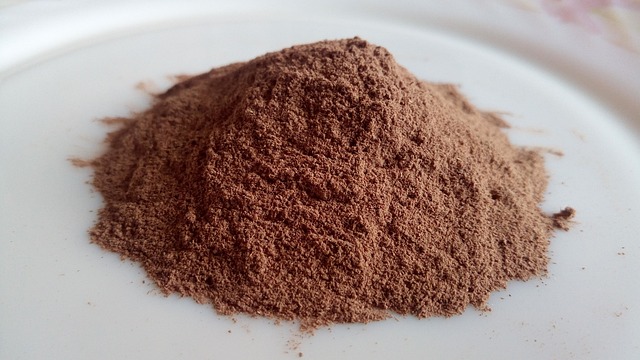Understanding common Denver sewage backup causes like root intrusion, debris buildup, and pipe damage is key to prevention. Regular maintenance, including trap primers and backflow valves, mitigates risks. Scheduled sewer line cleaning and inspections by professionals prevent clogs and backups. Responsible water usage reduces pressure on systems. For severe issues, call Advanced Restoration Colorado for tailored solutions, decontamination, and safe restoration.
In the heart of Denver, unexpected sewage backups can disrupt homes and businesses. Understanding common causes like root intrusions, pipe damage, or debris buildup is the first step in preventing these nuisances. This article guides you through comprehensive solutions for Denver sewage remediation. Learn about installing backup prevention devices, maintaining sewer lines, adopting responsible water usage practices, and knowing when to call professionals for expert assistance.
- Understand Common Causes of Denver Sewage Backups
- Install and Maintain Backup Prevention Devices
- Regularly Clean and Inspect Sewer Lines
- Practice Responsible Water Usage in Your Home
- Call a Professional for Expert Assistance When Needed
Understand Common Causes of Denver Sewage Backups

Understanding the common causes behind Denver sewage backups is the first step in preventing them. One of the primary reasons for these disruptions is tree root intrusion into sewer lines. The roots of trees, especially those with shallow or expansive root systems like maple and willow, can penetrate small cracks and openings in the pipes, causing clogs and eventual blockages. This is a common issue in Denver’s older neighborhoods where tree coverage is dense.
Another significant factor is debris buildup within the sewer system. Flushable items that aren’t truly flushable, such as wipes, sanitary products, or grease, can accumulate over time, leading to slow drains and eventually full sewers. Additionally, structural issues like damaged pipes, broken joints, or misaligned connections can cause water to flow in unforeseen directions, resulting in backups. For commercial properties, regular maintenance and inspections are crucial, especially considering the potential for flood and sewage cleanup in Denver, and engaging professional Commercial Restoration Denver services is vital for biohazard cleanup Denver when needed.
Install and Maintain Backup Prevention Devices

One effective measure to prevent sewage backups in Denver is the installation and regular maintenance of backup prevention devices. These include devices like trap primers, which keep water in the traps, preventing sewer gases from entering your home. Regularly checking and cleaning these traps can significantly reduce the risk of backups. Another device worth considering is a backflow prevention valve, crucial for properties with private sewage systems, as it stops contaminated water from flowing back into clean water supplies.
For those experiencing flooded basements in Denver or facing biohazard cleanup Denver, timely intervention is key. Sewage leak detection services Denver can identify issues before they escalate. By investing in these prevention devices and professional services, homeowners can safeguard their properties against the potential health hazards and costly repairs associated with sewage-related incidents, ensuring a safer and more secure living environment.
Regularly Clean and Inspect Sewer Lines

Regular cleaning and inspection of sewer lines are essential components of Denver sewage remediation. Clogs and obstructions can lead to severe backups, causing damage to your property and potentially harmful health risks. Professional services in Denver basement sewage extraction recommend scheduling regular maintenance for your sewer system to prevent these issues. By doing so, you can ensure the smooth flow of waste water and minimize the risk of costly and messy disasters.
During inspections, experts will use specialized equipment to clear any built-up debris or roots that might be causing blockages. They’ll also look for signs of damage or wear and tear on the sewer lines, addressing these issues before they escalate. Regular upkeep is key in maintaining a healthy sewage system, which in turn prevents backups and associated problems like those requiring Disaster Cleanup and Restoration Denver services.
Practice Responsible Water Usage in Your Home

In the bustling metropolis of Denver, responsible water usage is a key aspect of preventing sewage backups. Residents should be mindful of their daily habits to ensure they’re not contributing to excess strain on the city’s sewer systems. Simple adjustments like fixing leaky faucets, using high-efficiency appliances, and shortening shower times can significantly reduce water consumption and minimize the risk of sewer overflows. By understanding that every drop counts, Denver residents can play a vital role in maintaining a healthy sewage infrastructure.
Moreover, practicing responsible water usage goes hand in hand with regular denver sewage inspection and maintenance. Regular checks on plumbing systems and drains can help identify potential issues before they escalate into costly damage, including severe sewage damage restoration requirements. Additionally, staying up-to-date with Denver’s guidelines for proper waste disposal will prevent blockages that could lead to backup situations. So, be sure to inform yourself about the local regulations regarding water usage and waste management—it might just save you from future headaches and high repair bills, not to mention preserving the integrity of Denver’s sewage remediation efforts.
Call a Professional for Expert Assistance When Needed

When dealing with persistent or severe sewage backup issues in Denver, it’s wise to call in a professional for expert assistance. Navigating complex sewer systems and resolving such problems requires specialized knowledge and equipment that are not readily available to the average homeowner. Professionals in Denver sewage remediation, like those at Advanced Restoration Colorado, are trained to handle these situations efficiently and effectively. They can identify the root cause of the backup, whether it’s a blocked pipe, damaged infrastructure, or a larger community issue, and implement tailored solutions.
Relying on professionals also ensures that your home is restored safely and thoroughly. Sewage cleanup in Denver, for instance, involves more than just removing visible contamination. It entails decontaminating affected areas, sanitizing surfaces, and treating water systems to prevent the spread of harmful bacteria and diseases associated with sewer backflow. A flooded basement in Denver, as a result of sewage backup, requires expert care to restore not only the structure but also the health and safety of your family.
Preventing sewage backups in Denver is a proactive approach to maintaining a healthy and safe living environment. By understanding common causes, installing backup prevention devices, regularly cleaning sewer lines, adopting responsible water usage practices, and seeking professional assistance when needed, you contribute to effective Denver sewage remediation. These measures not only protect your home but also ensure the integrity of Denver’s overall sewer system.
